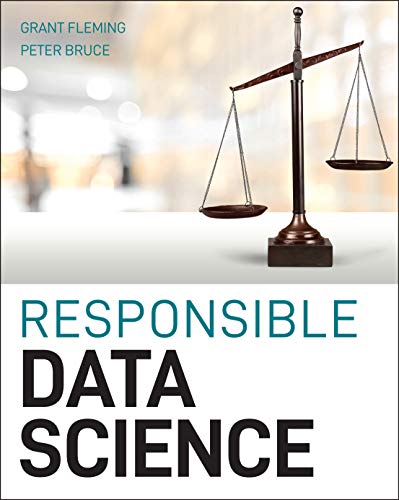Artificial Intelligence (AI) agents are no longer futuristic concepts—they’re actively shaping how we work, shop, communicate, and even learn. From virtual assistants on our phones to intelligent chatbots handling customer queries, AI agents are becoming a part of daily life. But while the rise of AI brings exciting opportunities, it also comes with significant challenges. Let’s explore both sides.
🌟 Successes of AI Agents
1. Automation of Repetitive Tasks
AI agents excel at handling routine work that would otherwise consume human time and resources. Whether it’s scheduling meetings, answering FAQs, or processing transactions, these agents free up people for higher-level tasks.

Noon

In Video

Shopify
2. Enhanced Customer Support
Chatbots and virtual assistants provide round-the-clock service with quick responses. They can manage multiple queries at once, improving customer satisfaction and reducing the need for large support teams.
3. Smarter Decision-Making
By analyzing vast amounts of data, AI agents can make accurate predictions and recommendations. Think of fraud detection systems in banking, or recommendation engines on Netflix and Amazon.

Wego Flights & Hotels

Wego Flights

Wego Hotels
4. Personalization at Scale
AI agents learn user preferences over time, enabling them to deliver highly personalized experiences—whether that’s suggesting a new movie, customizing a workout plan, or tailoring an e-commerce offer.
5. Cross-Industry Applications
From optimizing delivery routes in logistics to assisting doctors with diagnoses in healthcare, AI agents are versatile. Their adaptability makes them valuable across almost every sector.
⚠️ Challenges of AI Agents
1. Limited Understanding
Despite their sophistication, most AI agents don’t truly “understand” context or intent. They rely heavily on data patterns, which can lead to inaccurate or irrelevant responses.
2. Bias and Fairness Issues
AI systems often inherit the biases of their training data. This can result in unfair treatment of certain groups or skewed outcomes—raising questions about ethics and accountability.
3. Privacy and Security Risks
AI agents often require access to personal data to function effectively. This creates concerns around data privacy, cybersecurity, and potential misuse of sensitive information.
4. Lack of Human-Like Reasoning
Complex problem-solving, empathy, and moral judgment remain beyond the reach of AI agents. Tasks requiring emotional intelligence still need human involvement.

800 Flower

Accor Hotels

Address Hotels
5. Cost of Development and Maintenance
Building sophisticated AI agents demands expertise, advanced infrastructure, and continuous updates. For many organizations, this can be an expensive investment.
⚖️ The Way Forward
The journey of AI agents is a mix of remarkable progress and ongoing challenges. They bring speed, scalability, and personalization that humans alone can’t achieve, but they also highlight critical issues around trust, ethics, and data reliance.
The future of AI agents lies in striking a balance—leveraging their strengths while addressing their shortcomings responsibly. Organizations that succeed in doing this will not only improve efficiency but also build systems that people can trust and rely on.
Coupons and Promotions
Shop at Amazon
Like what you see? Tip DoerDigitalz and fuel the creation of more high-quality digital content.
☕ Buy Me a Coffee* This article contains affiliate links; if you click such a link and make a purchase, Doer Digitalz FZC may earn a commission.




















